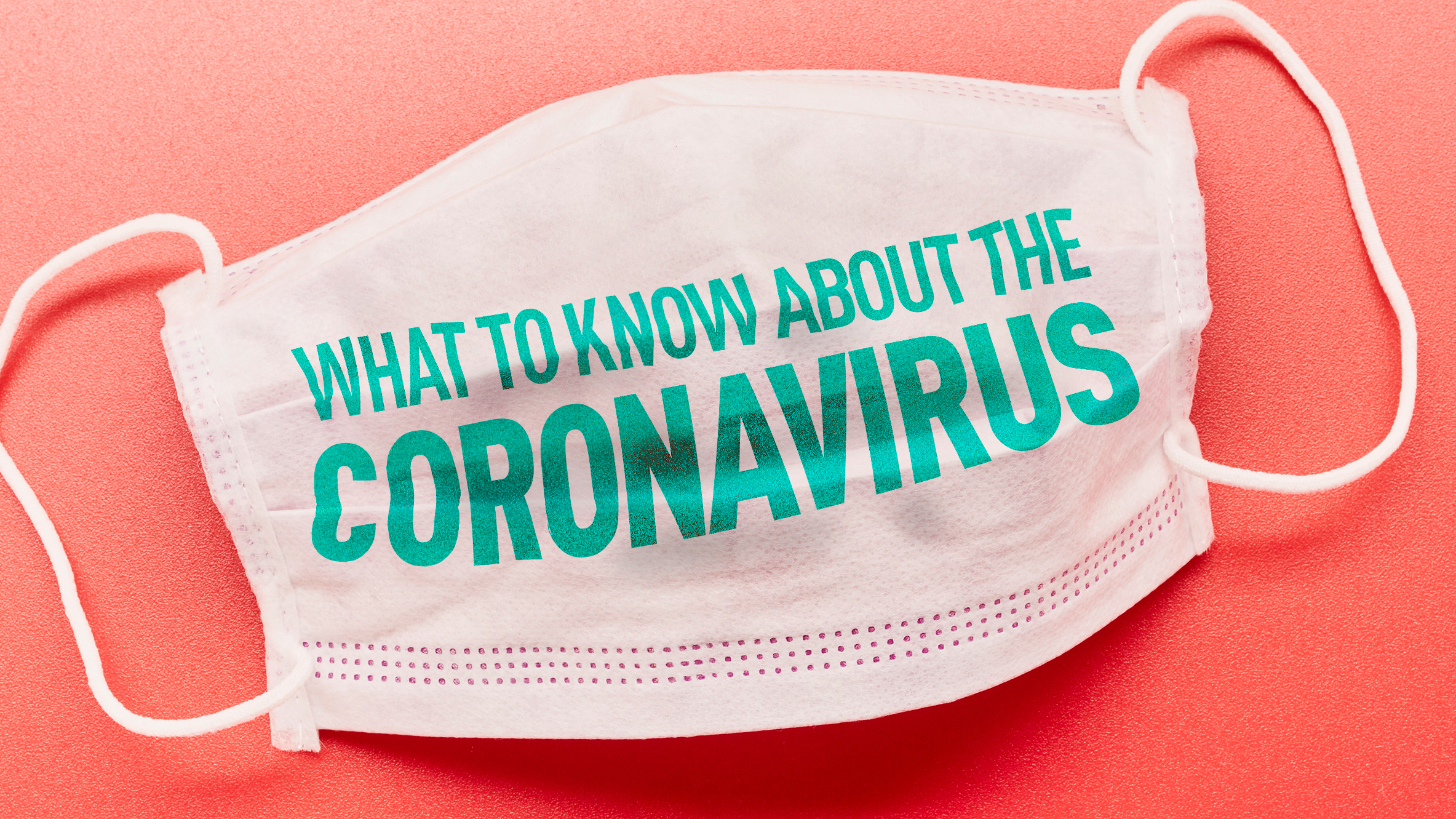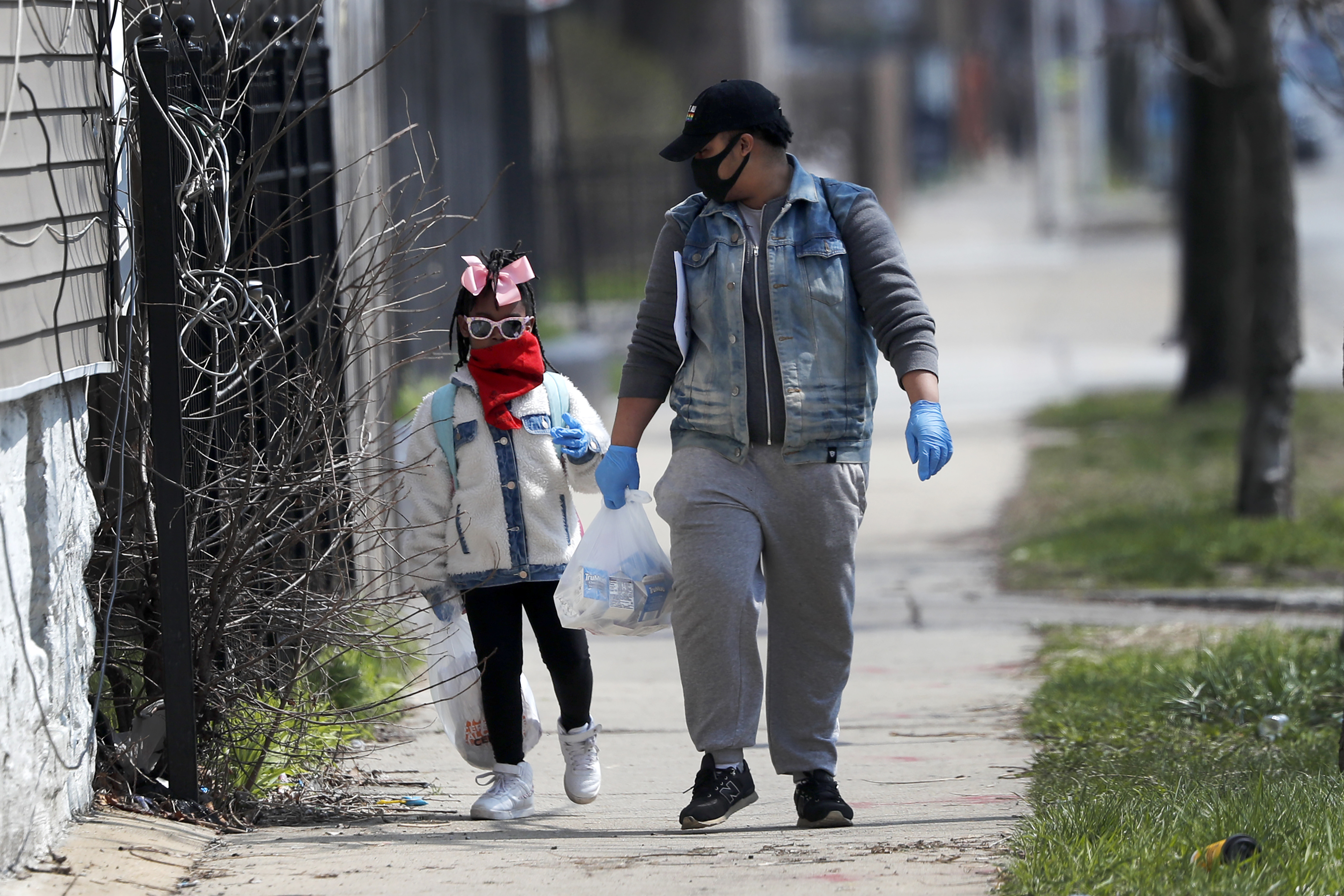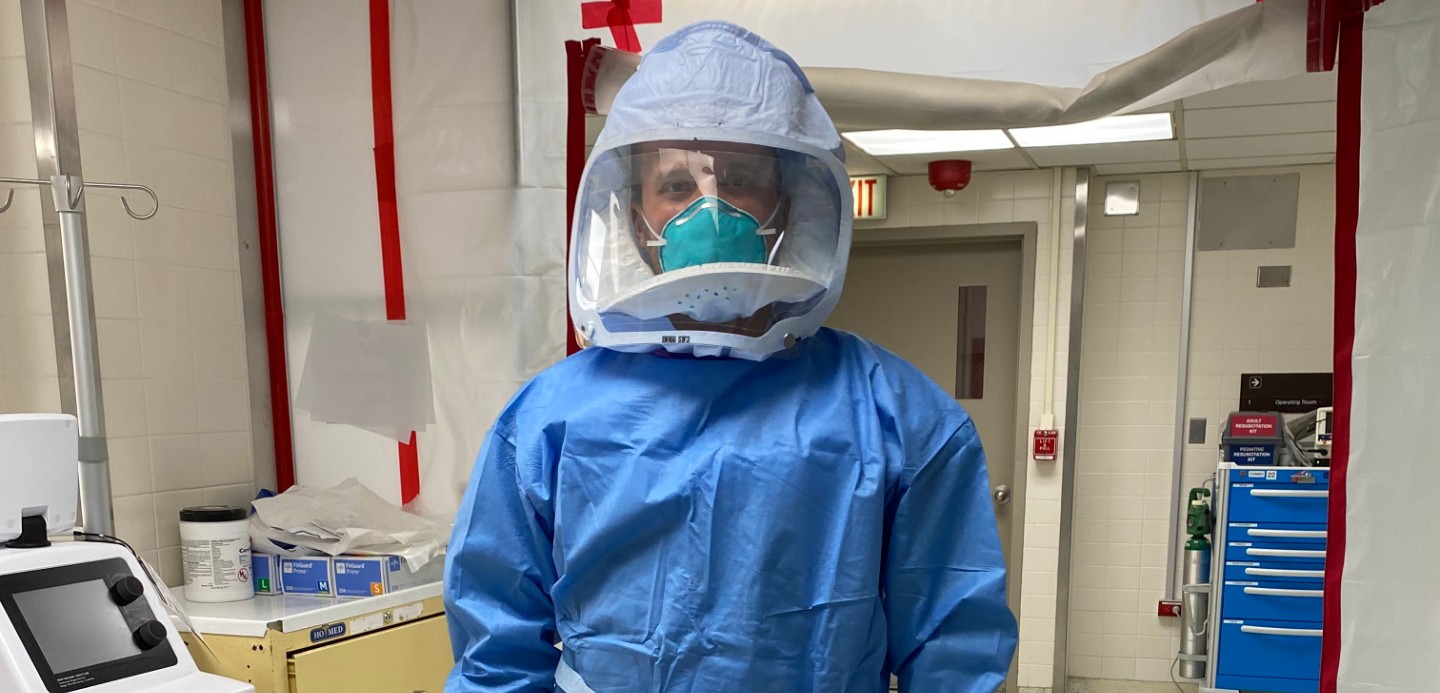Even as coronavirus deaths continue to mount across Europe, New York and other hot spots, the U.S. and other governments are slowly beginning to envision an exit strategy and contemplating a staggered and carefully calibrated relaxation of the restrictions designed to curb the scourge.
“To end the confinement, we’re not going to go from black to white; we’re going to go from black to gray,” top French epidemiologist Jean-François Delfraissy said in a radio interview.
At the same time, politicians and health officials emphatically warn that while deaths, hospitalizations and new infections may be leveling off in places like Italy, Spain and New York, the crisis is far from over and a catastrophic second wave could hit if countries let their guard down too soon.
Get DFW local news, weather forecasts and entertainment stories to your inbox. Sign up for NBC DFW newsletters.
In a reminder of the disease's high stakes, British Prime Minister Boris Johnson spent a second night in intensive care but was stable and responding to treatment, spokesman James Slack said.
On Wednesday, the lockdown against Wuhan, the Chinese industrial city of 11 million where the global pandemic began, was lifted after 76 days, allowing people to come and go. The reopening was seen as a positive sign but also reflected the communist state's surveillance tools and powers of coercion.
Wuhan residents will have to use a smartphone app showing that they are healthy and have not been in recent contact with anyone confirmed to have the virus. Even then, schools remain closed, people are still checked for fever when they enter buildings, and masks are strongly encouraged.
In the U.S., with about 13,000 deaths and 400,000 infections, the Centers for Disease Control and Prevention was considering changing self-isolation guidelines to make it easier for those exposed to someone with the virus to return to work if they have no symptoms.
Under the proposed guidance, aimed at workers in critical fields, such people would be allowed back on the job if they take their temperature twice a day and wear a mask, said a person who was familiar with the draft but was not authorized to discuss it and spoke on condition of anonymity.
Dr. Anthony Fauci, the nation’s top infectious-diseases expert, said that the Trump administration has been working on plans to eventually reopen the country and restart the economy amid “glimmers of hope” that social distancing is working to stop the virus’s spread.
“That doesn’t mean we’re going to do it right now,” he said on Fox News. “But it means we need to be prepared to ease into that. And there’s a lot of activity going on.”
In Europe, Italian Premier Giusseppe Conte is expected to announce in the coming days how long the country’s lockdown will remain in place amid expectations that some restrictions could be eased. Discussions are focused first on opening more of the country's industries.
Coronavirus Pandemic Coverage
Proposals being floated in Italy include the issuing of immunity certificates, which would require antibody blood tests, and allowing younger workers to return first, as they show less vulnerability to the virus.
In Spain, Budget Minister María Jesús Montero said that Spaniards will progressively recover their “normal life” from April 26 onwards but warned that the “de-escalation” of the lockdown will be “very orderly to avoid a return to the contagions.”
The government has been tight-lipped so far about what measures could be in place once the confinement is relaxed, stressing that they will be dictated by experts
French authorities have likewise begun to speak openly of planning the end of the confinement period currently set to expire April 15, without giving specifics.
France’s Delfraissy, who leads the scientific council advising the president, said three things are necessary for people to start leaving home regularly: intensive care beds need to be freed up, the spread of the virus must slow, and there have to be multiple tests to see if people are or have been infected and to trace them. He said the French will also need to adopt the habit of wearing masks outside.
The European Union is urging member countries to work together to address privacy concerns regarding virus-tracking mobile apps as individual governments develop their own digital tools. The apps — some of which have already been launched — use smartphone location data to monitor the movements of virus carriers under quarantine.
The EU said the use of such technology raises questions about “fundamental rights and freedoms.”
The desire to get back to normal is driven in part by the damage to world economies.
The Bank of France said the French economy has entered recession, with an estimated 6% drop in the first quarter compared with the previous three months, while Germany, Europe’s economic powerhouse, is also facing a deep recession. Expert said its economy will shrink 4.2% this year.
Japan, the world’s third-largest economy, could contract by a record 25% this quarter, the highest since gross domestic product began to be tracked in 1955.
The U.S. is seeing burgeoning hot spots in such places as Washington, D.C., Chicago, Detroit, Colorado and Pennsylvania.
New York City endured one of its darkest days yet on Tuesday, with the death toll surging past 4,000, hundreds more than the number killed on 9/11. New York state recorded 731 new coronavirus deaths, its biggest one-day jump yet, for a statewide total of nearly 5,500.
New York's mayor acknowledged that the true death toll is even higher because the city's count does not include people who died at home without ever being tested for the virus.
“We’re talking about something like 100, 200 people per day," Bill de Blasio said on CNN.
Worldwide, more than 1.4 million people have been confirmed infected and over 80,000 have died, according to Johns Hopkins University. The true numbers are almost certainly much higher, because of limited testing, different rules for counting the dead and deliberate underreporting by some governments.
For most, the virus causes mild to moderate symptoms such as fever and cough. But for some older adults and the infirm, it can cause pneumonia and death. Over 300,000 people have recovered.





